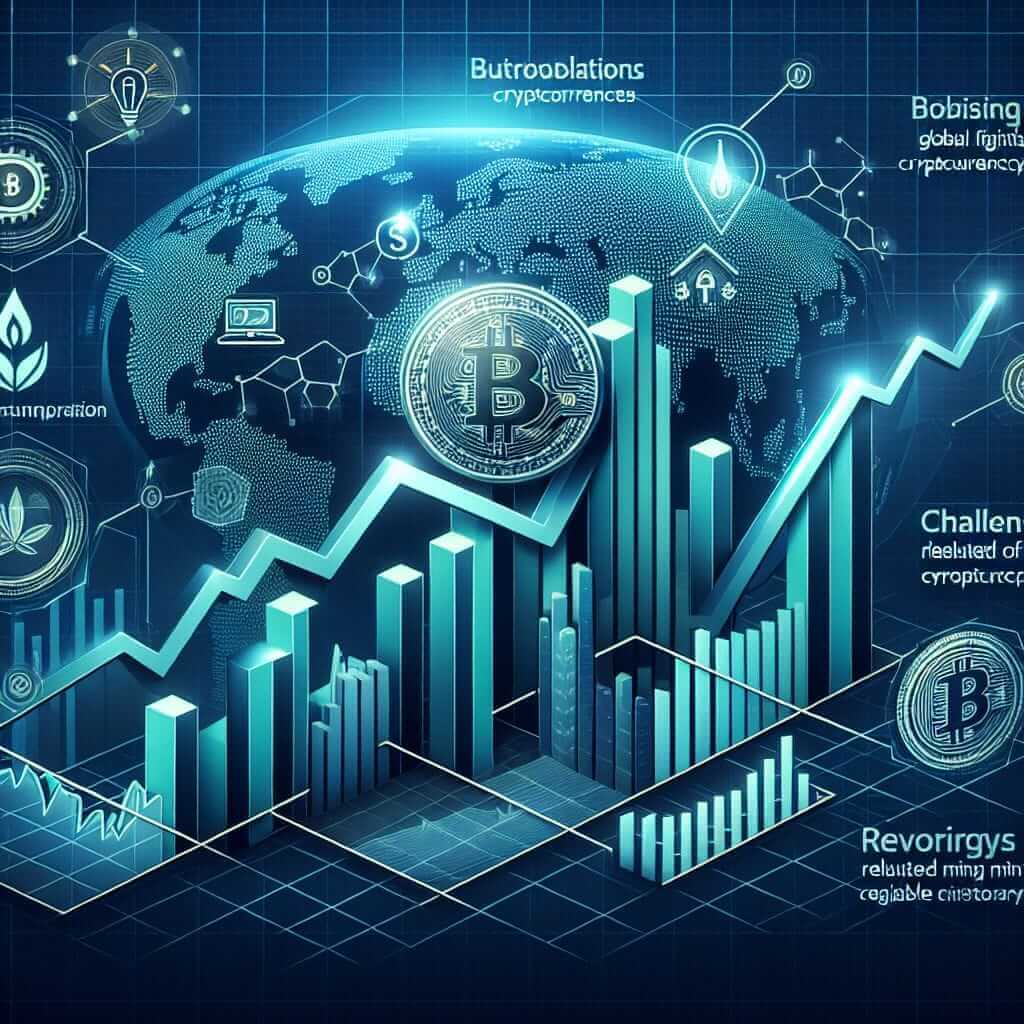The IELTS Reading section is designed to assess your reading comprehension skills, specifically your ability to read quickly and efficiently, understand the gist of a passage, and extract relevant information. One topic that has been gaining popularity both in the global discourse and in IELTS exams is the influence of digital currencies on global markets. This topic is particularly relevant as the rise of digital currencies, like Bitcoin and Ethereum, has introduced significant changes to the landscape of global finance.
Given the increasing relevance of this topic, you may encounter it in your IELTS Reading test. This article will provide you with a practice reading passage on this topic, followed by questions and answers designed to mirror a real IELTS Reading test. Along the way, we’ll analyze vocabulary, grammar, and common pitfalls to help you prepare effectively.
Practice Reading Passage
The Influence of Digital Currencies on Global Markets
Digital currencies, also known as cryptocurrencies, have revolutionized the financial world. In the past decade, these virtual currencies have seen exponential growth, attracting the attention of investors, policymakers, and economists alike. The most notable among these digital currencies are Bitcoin and Ethereum, but there are thousands of others that also play significant roles.
Cryptocurrencies are essentially decentralized digital assets that use blockchain technology to secure transactions. This decentralization means that no single entity controls the currency, which has profound implications for global markets.
One of the most significant impacts of digital currencies is on the traditional banking system. Digital currencies offer an alternative to traditional banking, allowing for peer-to-peer transactions without the need for intermediaries like banks. This has the potential to lower transaction costs, speed up transactions, and increase financial inclusion, especially in regions where traditional banking services are not readily available.
Moreover, digital currencies have attracted a new class of investors. These investors are typically younger and more tech-savvy, bringing a new dynamic to the world of finance. The high volatility associated with cryptocurrencies has also led to the creation of new financial instruments, such as futures and options based on these digital assets, further integrating them into the traditional financial system.
However, the rise of digital currencies is not without challenges. Regulatory bodies worldwide are grappling with how to manage these new forms of currency. Issues such as money laundering, tax evasion, and fraud are significant concerns. Additionally, the environmental impact of cryptocurrency mining, which requires substantial energy consumption, is another critical issue that needs addressing.
In conclusion, while digital currencies have the potential to transform global markets, they bring both opportunities and challenges. As these currencies continue to evolve, their long-term impact on global finance remains to be seen.

Questions
Multiple Choice
-
What is one of the primary features of digital currencies?
a) Centralized control
b) Peer-to-peer transactions
c) Physical existence
d) Standard interest rates -
Which of the following is NOT mentioned as a potential benefit of digital currencies?
a) Lower transaction costs
b) Faster transactions
c) Increased financial inclusion
d) Guaranteed profits -
What is one of the challenges mentioned in managing digital currencies?
a) Inflation
b) Decentralization
c) Money laundering
d) Currency devaluation
Identifying Information (True/False/Not Given)
- Digital currencies have completely replaced traditional banking systems.
- Cryptocurrencies are known for their high volatility.
- Environmental concerns are associated with cryptocurrency mining.
- The article states that all digital currencies use the same technology.
Matching Headings
-
Match the following headings with the correct paragraph.
a) The Decentralization of Digital Currencies
b) New Financial Instruments
c) Challenges and Regulations
d) The Impact on Traditional BankingParagraph 1:
Paragraph 2:
Paragraph 3:
Paragraph 4:
Answers
Multiple Choice
- b) Peer-to-peer transactions
- d) Guaranteed profits
- c) Money laundering
Identifying Information (True/False/Not Given)
- False
- True
- True
- Not Given
Matching Headings
- Paragraph 1: d) The Impact on Traditional Banking
Paragraph 2: b) New Financial Instruments
Paragraph 3: a) The Decentralization of Digital Currencies
Paragraph 4: c) Challenges and Regulations
Common Pitfalls
- Misinterpreting the questions: Carefully read each question to understand what it is asking.
- Not managing your time: Don’t spend too much time on one question. Move on and return if you have time.
- Overlooking key details: Pay attention to words like “all,” “some,” “never,” and “always” as they can change the meaning of the statement.
Vocabulary
- Exponential (adj.) /ˌekspəˈnen(t)SHəl/ – characterized by or being an extremely rapid increase.
- Decentralized (adj.) /dēˈsentrəˌlīzd/ – the process of distributing or dispersing functions, powers, people, or things away from a central location or authority.
- Volatility (noun) /ˈväləˌtilədē/ – the degree of variation of a trading price series over time.
- Financial inclusion (noun) – the effort to make financial products and services accessible and affordable to all individuals and businesses.
Grammar
- Passive voice: “This decentralization means that no single entity controls the currency.”
- Relative clauses: “Digital currencies, which use blockchain technology to secure transactions, are decentralized.”
Tips for IELTS Reading
- Skim and Scan: Quickly skim the paragraph for the main idea and scan for specific information.
- Practice regularly: Use various IELTS Reading practice tests to improve your skills.
- Focus on Keywords: Pay attention to repeated keywords or phrases as they often highlight important information.
By focusing on these strategies and practicing with high-quality materials, you can improve your chances of achieving a high band score in the IELTS Reading section. Good luck!